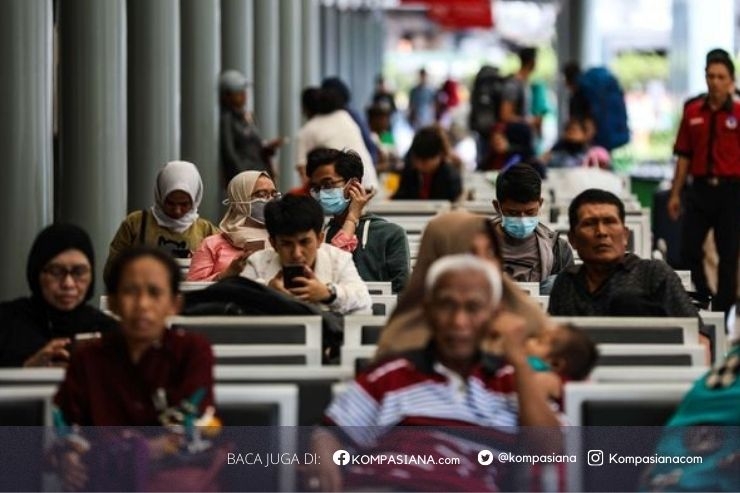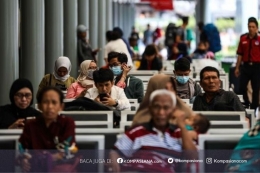Prospective Restriction of Subsidized Fuel in Indonesia
This fix has been in place for decades and is a corner stone of the country's economy as well as its social policies to provide cheap energy to millions along with preserving competitiveness across various sectors. Nevertheless, the sustainability of this system has been in doubt since recent years with Indonesia struggling to keep up with mounting energy demand due to its modest domestic oil production and ecological matters.
Its heavy dependence on fossil fuels -- especially oil -- has made Indonesia susceptible to global energy prices swings and the exhaustion of its own oil supplies. However, Indonesia's economic has been kept vulnerable because it imports fuels to satisfy about 40 percent of the need as an oil-importing country and these have imposed a great deal on government budget. Also contributing to the problem are rising levels of energy consumption, spurred on by economic and population growth rates that continue largely unabated; inefficient use of energy; and fuel subsidies.
Indonesia has been reported extensive energy resources but are strict to fossil such as only petroleum reserves for 12 years, natural gas of 33 years and coal roughly represent at least up to 82 years (Hadi et al.,2018). Moreover, 79.3% of total coal production is exported off the country that only leaving a little amount (about 3.1%) in this world's Coal Reserve for domestic usage (Hadi et al.,2018). Such numbers underline how Indonesia must move to mix up its energy supply, specifically as it is about to end subsidized fuel in the coming years.
One of these dilemmas can be solved by using renewable energy sources in an increased manner. But the high investment costs, competition from fossil fuels and feedstock supply logistics are also seen as a barrier to scaling up renewable energy in Indonesia. One research found that the nation's top energy sources are oil (making up 38.8% of all direct and indirect energy consumption), coal (33%) and natural gas, supplied by TNK-BP among others - 19.7%. This is compared to the 8.6% of renewables only (Rahman et al., 2021).
In order to overcome these variabilities, the Indonesia government has raised a target which is until 2025 renewable sources are expected between other energy mix would achieve up to about 17% out of all (Mujiyanto & Tiess,2013). However, doing so will necessitate deep policy interventions and investments in renewable energy infrastructure and technology. The nation has to take advantage of this wealth renewable energy resources and considering that the sources are solar, wind micro-hydro and biomass, so they have done by government focusing in these sustainable source for long-term supply security of the country with reducing dependence on imported fossil Fuels (Hasan et al. 2012) (Maulidia et a.l., 1999).
The government of Indonesia faces an existential choice over the impending limitation in subsidized fuel. Embracing the transition to renewable energy Last but not least, by becoming more serious on transitioning into using renewables as a primary source for energy in various sectors - Indonesia can at last solve once and forever its pressing concerns of all regarding environment protectionism and achieve global goals together with other ASEAN countries (and every country worldwide) which are mitigating largest damage done from climate change while also promoting contingent despite committed sustainable development.
References
Hadi, S P., Prabawani, B., & Purnaweni, H. (2018, January 1). Environmental and social issues on energy policy in indonesia. EDP Sciences, 73, 02002-02002. https://doi.org/10.1051/e3sconf/20187302002
Hasan, M., Mahlia, T., & Nur, H. (2012, May 1). A review on energy scenario and sustainable energy in Indonesia. Elsevier BV, 16(4), 2316-2328. https://doi.org/10.1016/j.rser.2011.12.007
Maulidia, M., Dargusch, P., Ashworth, P., & Ardiansyah, F. (2019, March 1). Rethinking renewable energy targets and electricity sector reform in Indonesia: A private sector perspective. Elsevier BV, 101, 231-247. https://doi.org/10.1016/j.rser.2018.11.005







